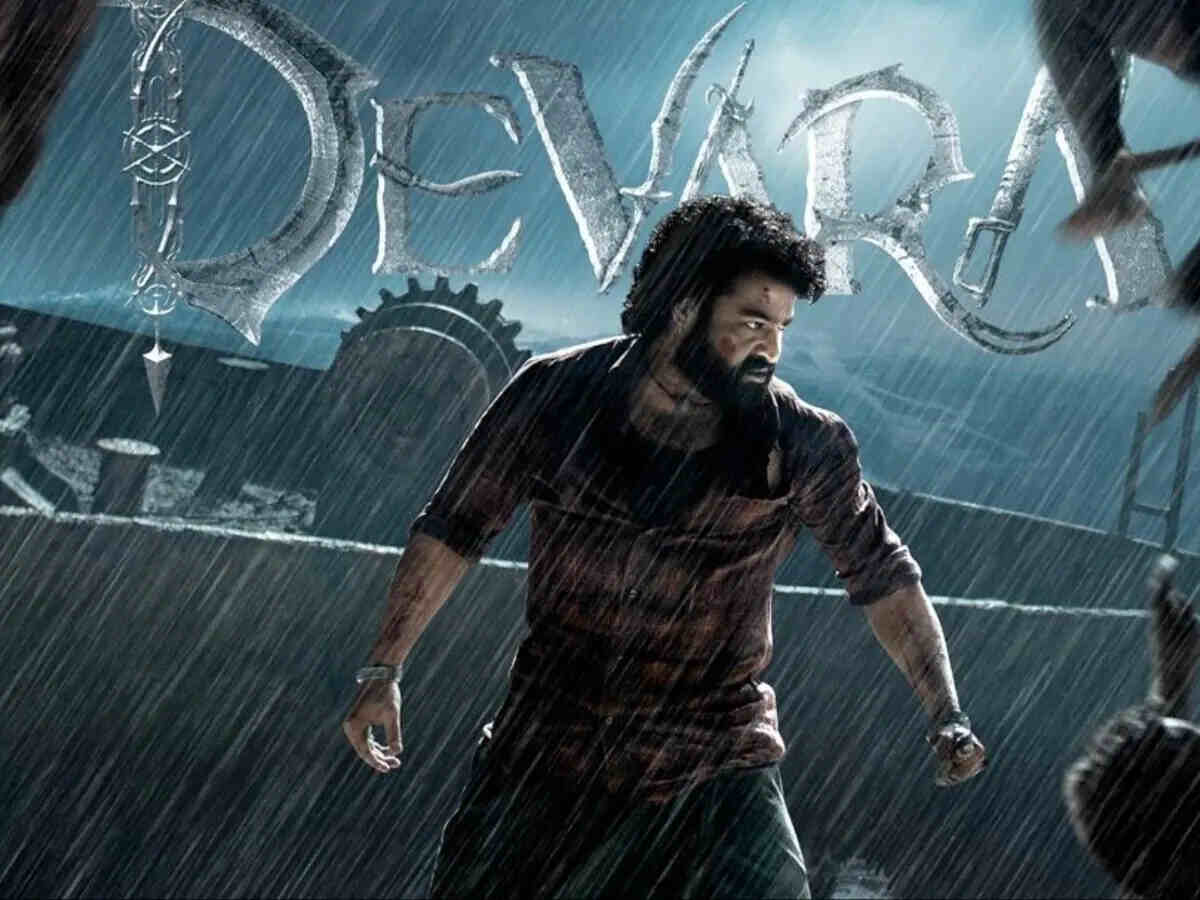
Are franchises diluting the essence of movies like Devara?
The trend of turning movies into franchises has grown significantly in recent years. Films like Devara, Indian 2, and Turbo are now part of this trend, focusing more on creating expansive universes rather than telling self-contained stories. This raises the question: Are these movies losing their charm as standalone ventures?
The Rise of Movie Franchises
In the past, filmmakers often told complete stories within a single movie. However, the success of franchises like Baahubali and KGF has encouraged many filmmakers to create sequels and interconnected storylines. The popularity of the Marvel Cinematic Universe (MCU) has also inspired Indian directors to develop their cinematic universes, such as the YRF Spy Universe and the Lokesh Cinematic Universe.
This shift has led to filmmakers believing that their stories require multiple films to fully explore characters and themes. However, this approach can sometimes detract from the individual film’s quality, making it feel stretched or diluted.
The Problems with Franchising
Not every movie needs to be part of a franchise. Many films would benefit from being treated as standalone stories. Take Indian 2, for example; despite its interesting premise of revisiting an iconic character, it received criticism for being overly long and filled with unnecessary subplots. The film’s initial concept was promising, but it ultimately lost focus and failed to engage audiences.
Similar issues can be seen in Devara: Part 1 and Turbo. These films may start strong but often lose their narrative direction, resulting in a viewing experience that leaves audiences wanting more than what is delivered.
Why Franchises Can Fall Flat
One reason films may struggle as franchises is that filmmakers sometimes prioritize creating “easter eggs” or hints for future installments over crafting a coherent story. Viewers may find themselves more interested in figuring out what could happen next than enjoying the film in front of them. When the focus shifts away from entertainment, audiences can become disengaged, leading to negative reactions.
This trend can often be financially motivated. Filmmakers may choose to create sequels primarily for monetary gain, banking on the idea that audiences will pay to see familiar characters and storylines. While financial incentives are understandable, they shouldn’t compromise storytelling quality.
Not All Franchises Are Bad
That said, not all franchise films are unnecessary. Some stories genuinely require extensive world-building and character development, justifying multiple installments. For example, Baahubali effectively created an immersive world that captivated audiences, making its sequels feel like a natural progression of the story.
Upcoming films like Kantara, Kaithi, and Lucifer show promise as they are developed with clear narratives that build upon their respective worlds, rather than merely extending a franchise for profit. These films offer exciting stories that engage viewers, proving that a well-executed sequel can enhance a cinematic universe.
While the trend of franchising movies can lead to a diluted cinematic experience, it’s important to recognize that not all franchises are detrimental. Filmmakers need to find a balance between expanding their stories and maintaining the essence of good storytelling.
Read More: Veteran actor Rajendra Prasad’s daughter Gayatri dies of heart attack













